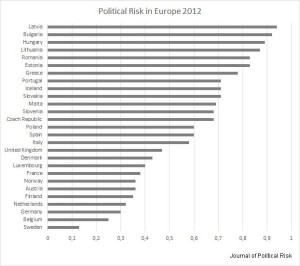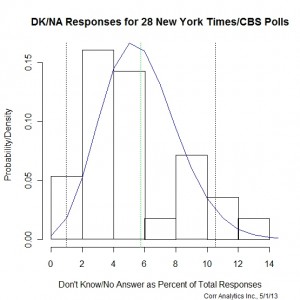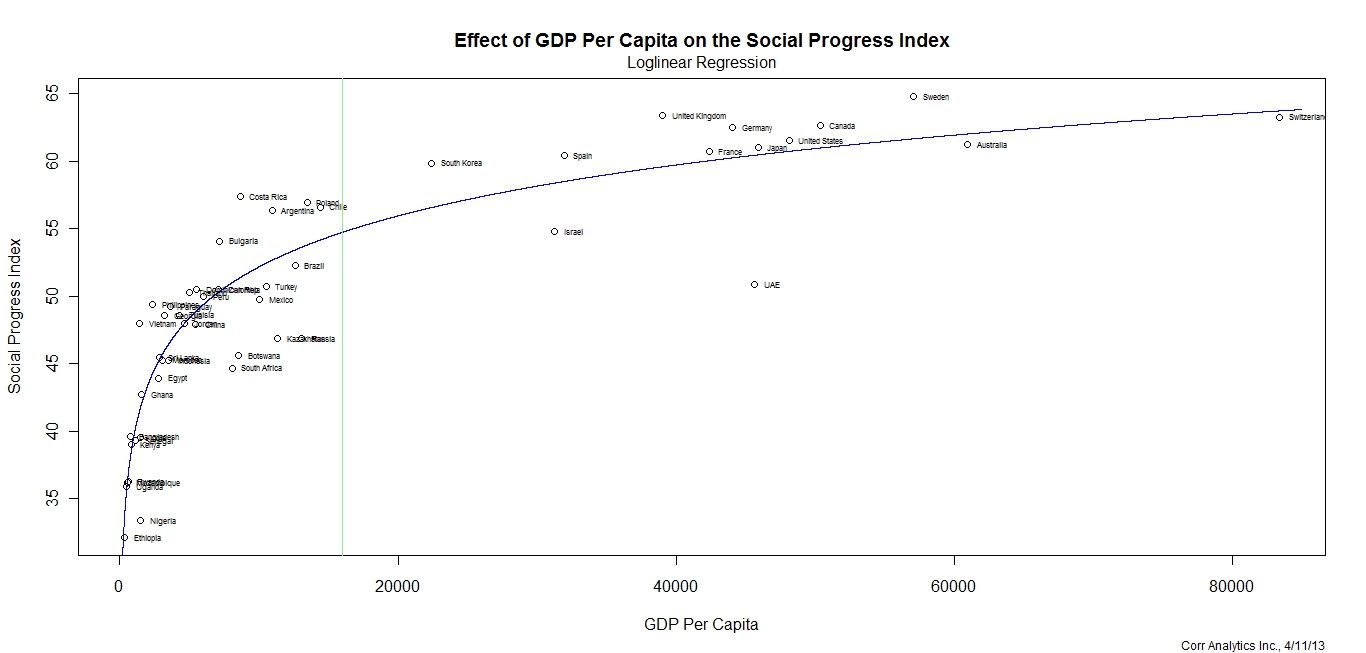Journal of Political Risk, Vol. 1, No. 5, September 2013.

Figure 1: Political Risk in Europe 2012. The index arranges the countries relative to one another. The separate values would change if more cases are added to the sample.
By Stoycho P. Stoychev, Ph.D.
This paper proposes a quantitative index of political risk in Europe, based for the first time on corruption, market distortion, and the shadow economy. It is constructed upon the idea that within a continuum between rule of law and corruption, the levels of political risk vary greatly. Institutional statistical data are used to allow for reliability in time and cross-country comparison. As a proof of reliability, the resulting scores are highly correlated with other applied indices of political risk. A major advantage of the proposed index, however, is that it differentiates between developed countries, which is not possible with existing risk indices. Continue reading


